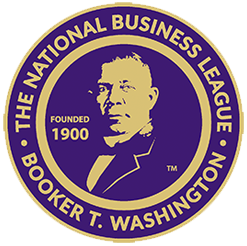
Agricultural improvements
An agricultural scientist, George Washington Carver promoted the growth of peanuts for their nutritional benefits as well as a soil-replenishing crop alternative to cotton. He worked to improve the lives of African American farmers throughout his career.
Born into slavery in Missouri during the Civil War, Carver’s intelligence and drive to learn was noted by his community as a child. Encouraged to pursue educational opportunities, Carver moved first to Kansas and then to Minnesota. He was accepted into Highland College, but the school withdrew his admission when they learned he was Black. Later, he studied botany at the Iowa State Agricultural College, taking a position at the Tuskegee Institute in Alabama after graduating with his master’s degree. At this institution established for Black students, Carver taught crop rotation and techniques for self-sufficient farming for 47 years.
Through experimentation, Carver learned that the soil in the Deep South was ideal for growing crops like the peanut and sweet potato. He encouraged farmers to rotate crops like these with cotton, alternating year by year in order to replenish nutrients in the soil. To convince them of the commercial viability of doing so, he began inventing different ways the crops could be used. In 1925, George Washington Carver was granted a patent for a cosmetic made from peanuts. U.S. patent no. 1,522,176 describes a “pomade” which will “provide a ‘vanishing cream’ of any desired or usual tint.” This was one of 325 uses he found for the peanut, which ranged from milk to paper to wood stains.

Stay informed with the latest information impacting today’s black businesses. Subscribe to the National Business League Newsletter.
THE LEGACY
THE LEAGUE
THE MOVEMENT
THE NEWS
THE MEMBERSHIP
CONTACT US
ORDERING & PAYMENT
SHIPPING & RETURNS
FAQ
VOLUNTEER
PRIVACY POLICY
TERMS & CONDITIONS
PRESS ENQUIRIES
SITE MAP
SITE CREDITS
Designed by:
and

for (the) National Business League, Inc. © Copyright 2024
JOIN
DONATE
SHOP